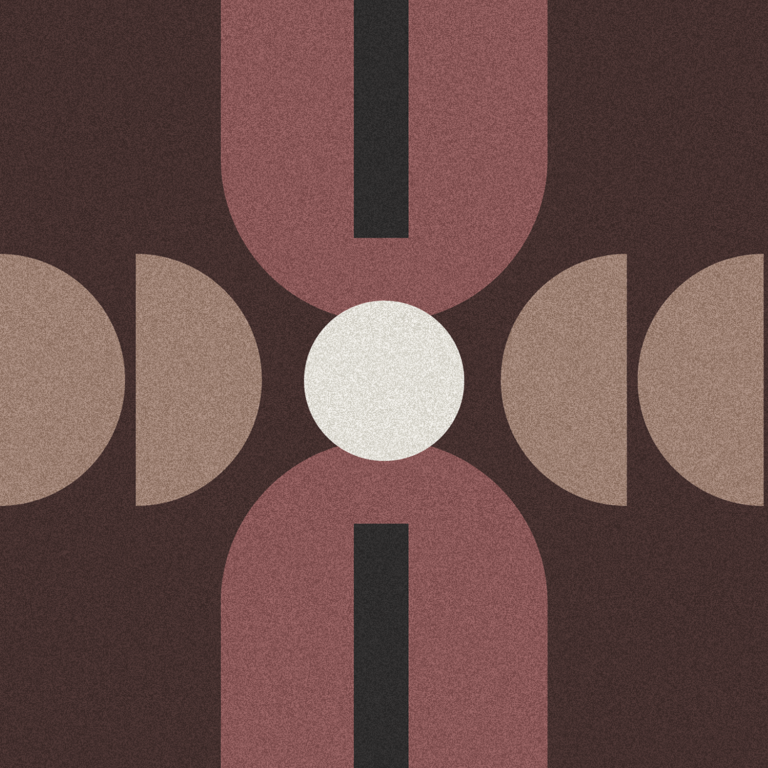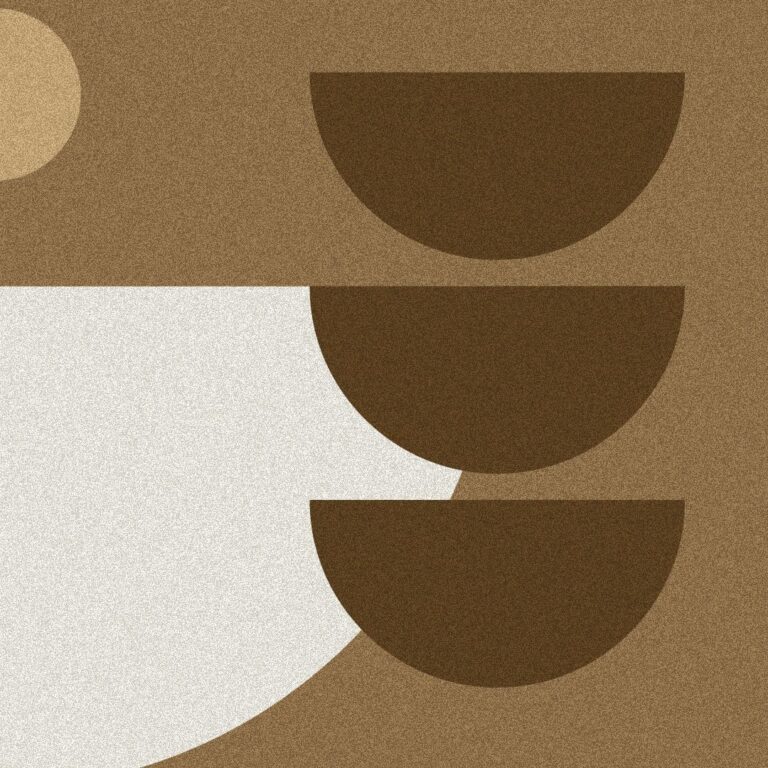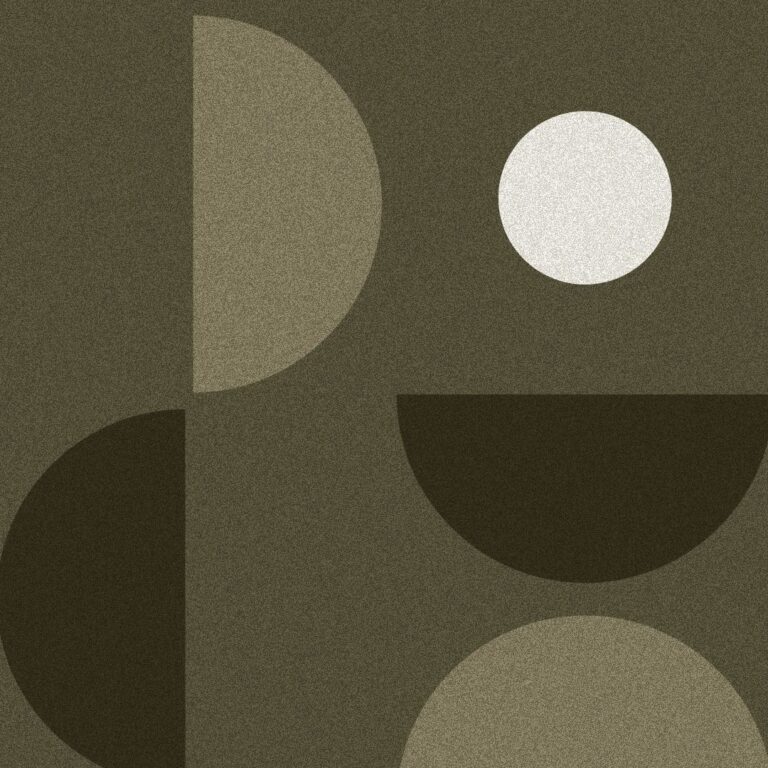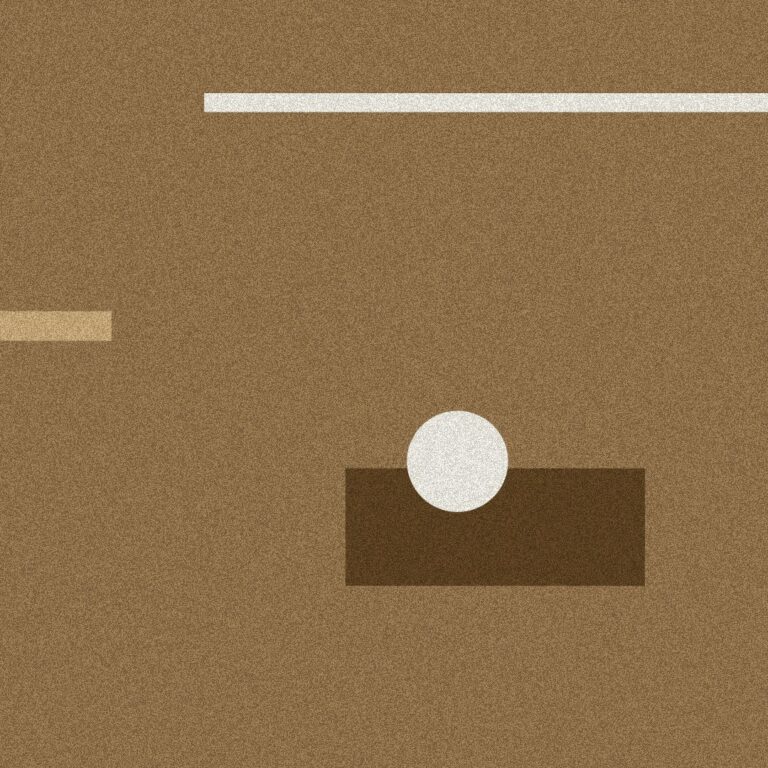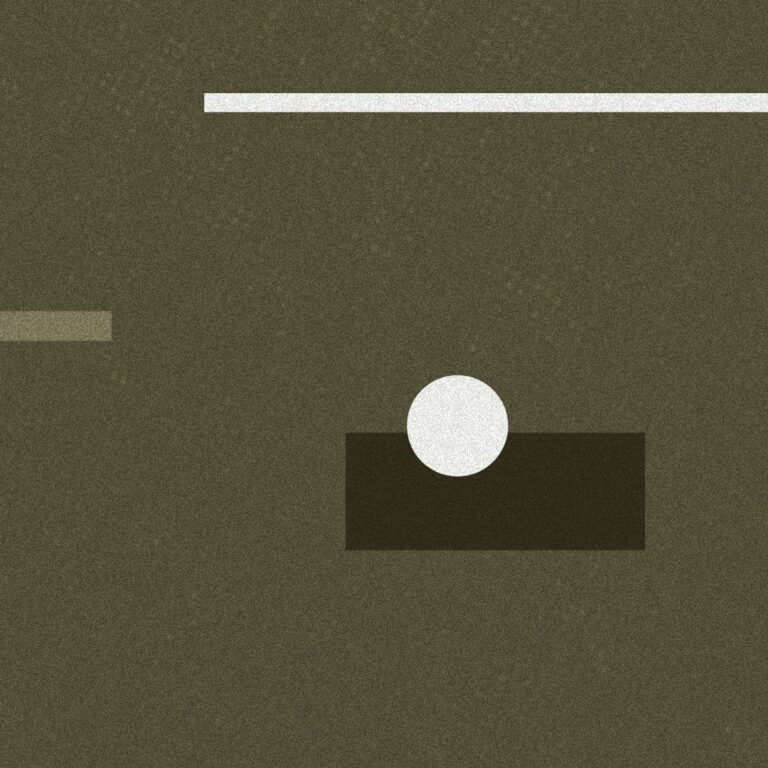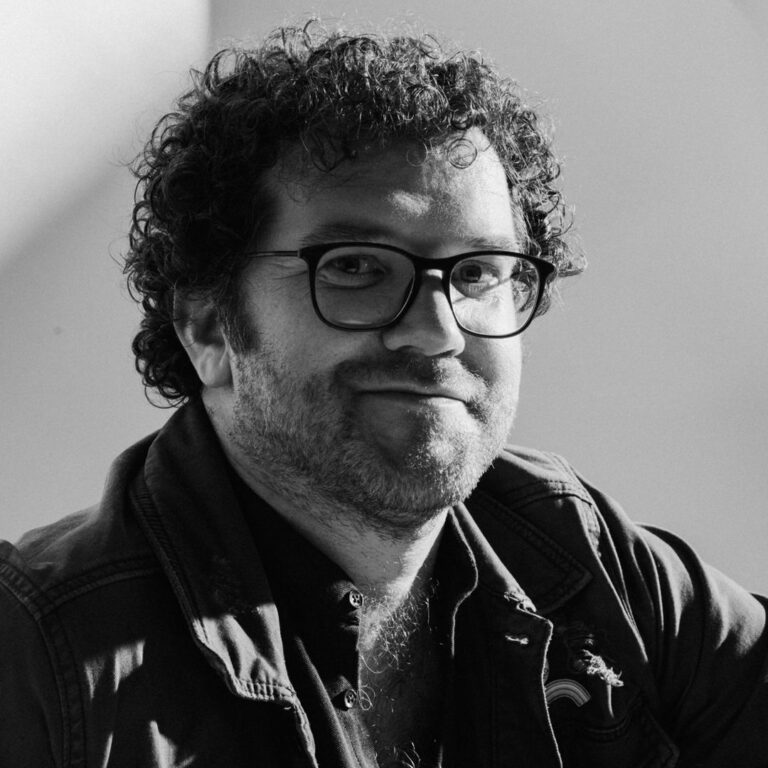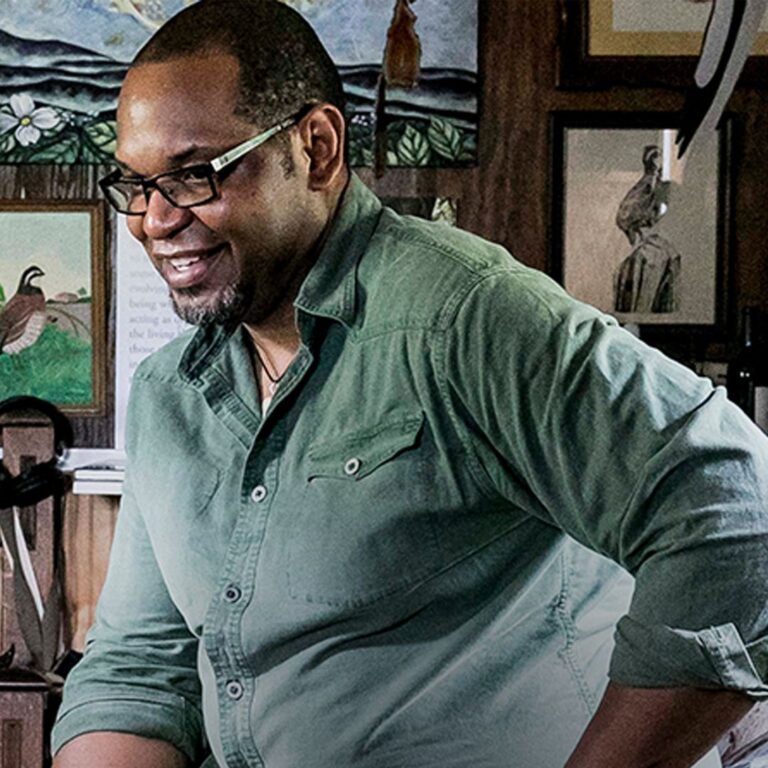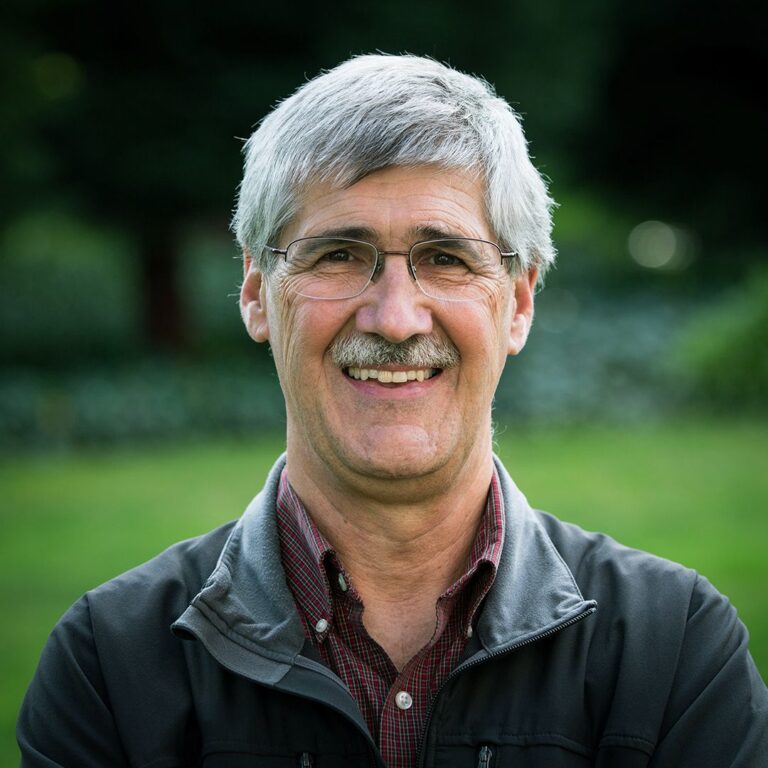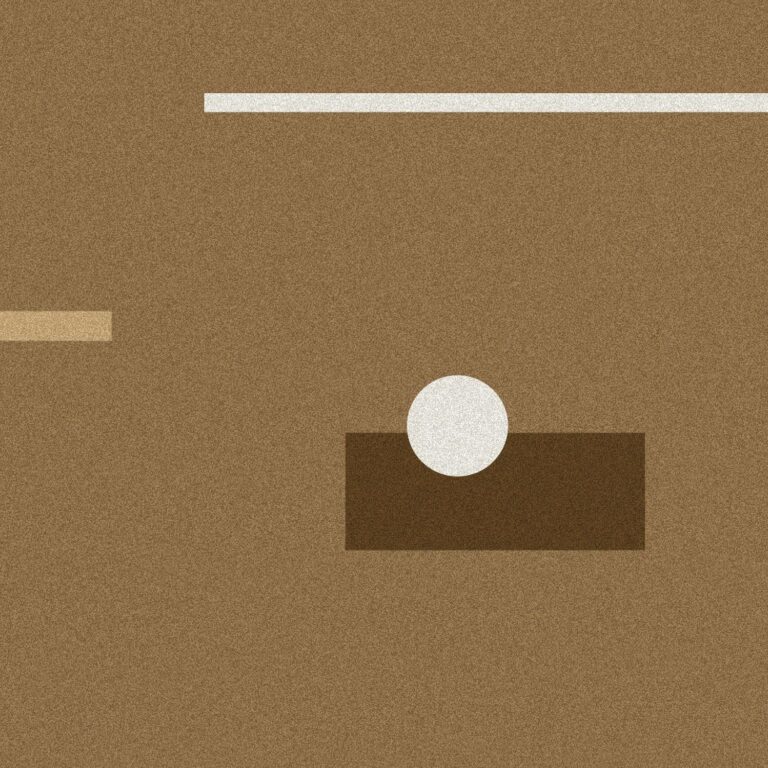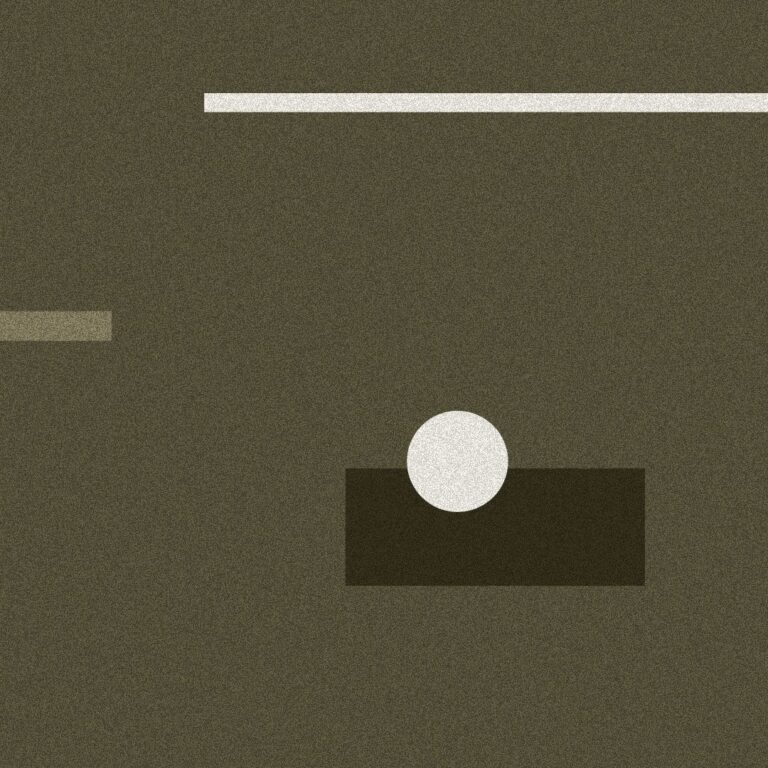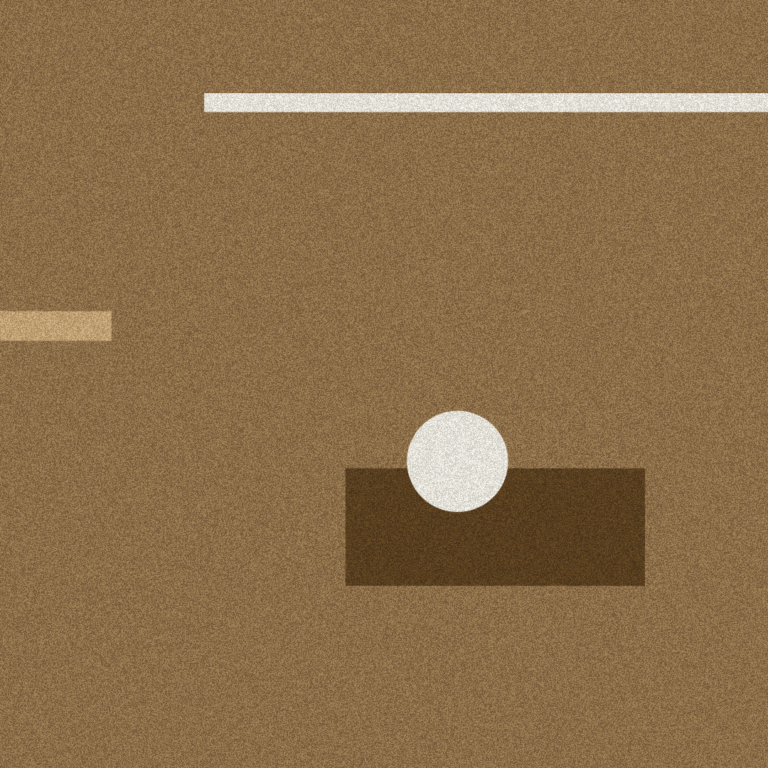As we participate in the magnitude of change that is upon us, a long reality-based understanding of time — and of how change actually happens — can replenish our sense of ourselves and the world.
| Question to Live
How am I, or can I be, critical yeast in the world that I can see and touch? |
Integration Step
Map your 200-Year PresentMap your 200-year present. Feel that in your imagination, and in your body. |
| Heart of the Matter
Geological time, deep time, cosmic time, evolutionary time — all of those are interestingly akin to a religious, prophetic imagination: the long arc of the moral universe that Martin Luther King Jr. invoked. This is a way to speak of this young century we inhabit, this post-2020 world: we are in a Kairos moment as a species. The beautiful and mysterious thing in all of this way of thinking and imagining, this way of cracking time open and seeing its true, manifold nature, is that this actually expands our sense of the possible in the here and the now. It sends us to work with the raw materials of our lives, understanding that these are always the materials even of change at a cosmic or a societal level. This is echoed in many teachers and gifts of practice and of language: “evolutionary clusters”; “live human signposts”; the “quiet before”; “fractal emergence”; and “critical yeast.” You might have to live the question of how to figure out what it means to be critical yeast in your world of friendship, neighborliness, work, community. It’s waiting for you already in some part of the world you can see and touch. The adventure is to make it more conscious. |


